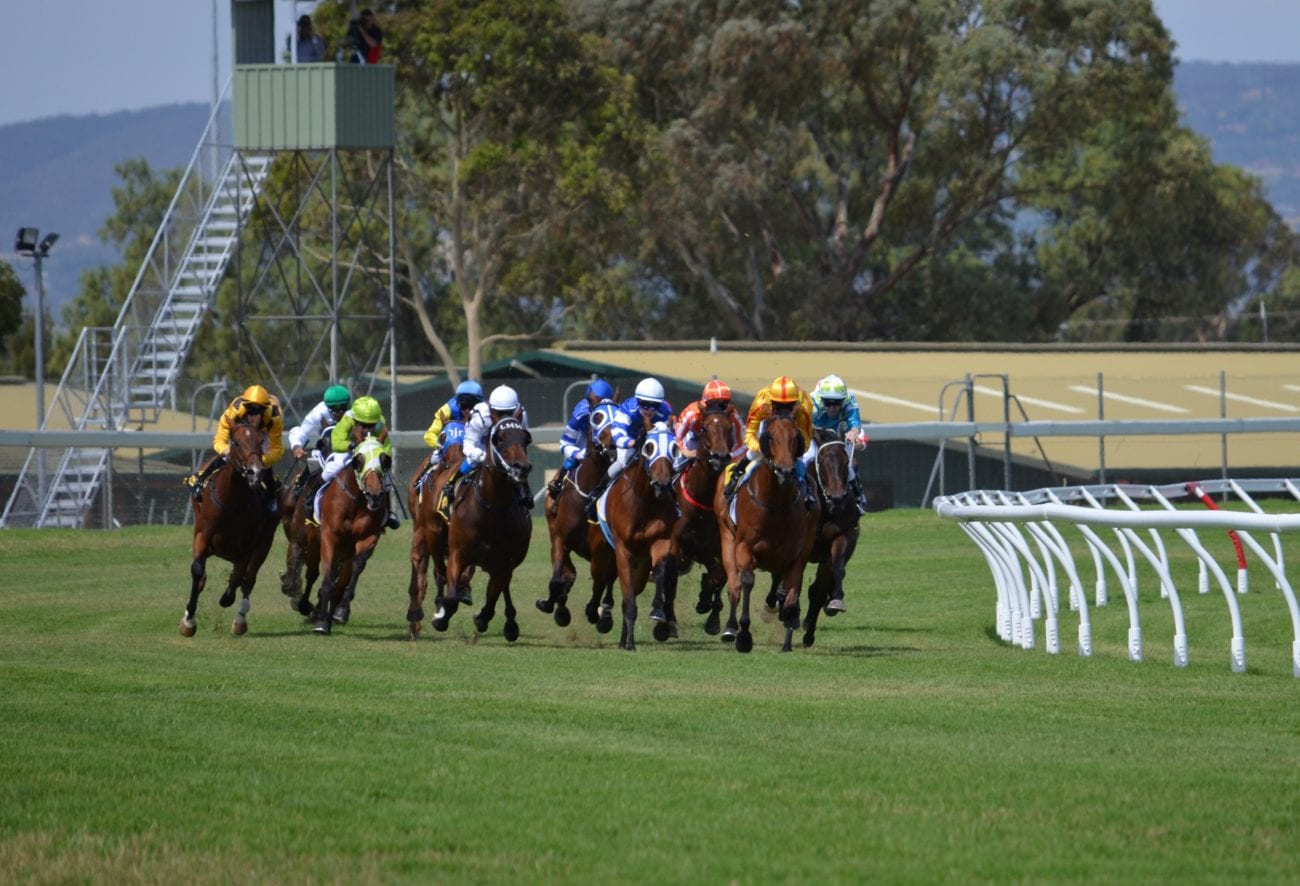NZ govt committee sets out changes to Racing Industry Bill

New Zealand’s Transport and Infrastructure Select Committee has put forward a number of proposed changes to the country’s new Racing Industry Bill, with the legislation now expected to pass into law a month later than originally planned.
Filed in December 2019, the bill is the second part in a two-step process that saw the Racing Reform Act implemented from 1 July 2019. It had been due to come into effect from 1 July of this year, but progress stalled as lawmakers focused on responding to the novel coronavirus (Covid-19) pandemic. However, the Racing Industry Transition Agency (RITA) said it was confident the bill could still be implemented from 1 August.
RITA, which would be dissolved if the bill were to come into effect as expected and replaced by a new entity, Racing NZ, has now updated stakeholders on proposed changes to the bill, saying the committee highlighted over 30 areas for amendments.
According to RITA, the overall direction and structure of the bill is the same as it was prior to the committee's proposals, with the Tab set to be established as a pure betting, broadcasting and gaming entity. Racing codes are also set to take on greater roles and responsibilities for developing and promoting their sport, rather than having this coordinated by Racing NZ.
Among the key proposed changes are for the establishment of Racing NZ immediately after the bill becomes law, while the committee requested Ministers consider consideration of the community before deciding whether to vest a racing club’s assets with the relevant racing code.
A clause that granted Tab NZ exclusive use of racing industry intellectual property looks set to be removed. RITA and the codes previously raised concerns about the clause, saying it was too broad and risked centralising power with the Tab.
The committee also put forward changes to the composition of the Tab NZ board, proposing three out of seven members be appointed on recommendation of Codes.
Further changes look to make it easier for the industry to strike content supply deals with offshore bookmakers, ensuring they pay for use of New Zealand racing products. RITA said it would work with the codes to develop a coordinated plan for this revenue earner.
Minister for Racing Winston Peters may now introduce changes of his own to the bill, after which it will be put before parliament at the bill's second reading. Should the committe and Peters' changes be signed off, the bill is likely to come into effect from 1 August.
In related news, RITA has issued an updated on the Tab business, having last month announced that it was to cut 230 jobs to help mitigate the impact of Covid-19.
RITA said it has identified savings by moving away from traditional tote services, but also said it is working with racing clubs and codes to explore options that enable some tote services to remain over the next 12 months.
“There is broad agreement amongst the group that the status quo is not commercially tenable going forward, and digital and self-service solutions are the way of the future,” RITA executive chair Dean McKenzie explained.
RITA has also withdrawn trackside radio, printed newspaper form and phone bet services, saying they are not sustainable in the current climate.
“It’s early days yet but pleasingly these changes don’t appear to have compromised revenue, with turnover and gross betting revenue for domestic racing tracking ahead of budget, and close to or above pre-Covid 19 levels,” McKenzie said.
“Tab’s gaming business has also returned strongly with gaming turnover for the first few weeks above the pre lock-down weekly average.”
RITA has also agreed to review the structure of its board, in line with the recommendations of the independent consultants. RITA expects to conclude the consultation process and make final decisions in July.
Last week, Minister Peters announced that the terms for the directors of RITA have been extended to 30 June 2021, or the passage of the bill, whichever came first. This allowed directors to continue contributing to work to help make the racing industry both more prosperous and sustainable.
“While we are certainly not out of the woods yet, the progress of the Racing Bill, an early return (and full) programme of domestic racing and revenues returning, in some cases, to pre-Covid-19 levels provide enough reasons to be optimistic that RITA and the wider industry can come out of this crisis with some confidence,” McKenzie said.
This week, New Zealand’s government downgraded the Covid-19 alert to its lowest level, after Prime Minister Jacinda Arden revealed there were no known active cases in the country, with the last person that tested positive having now recovered.
As such, the government downgraded the Covid-19 alert to level one. This lifts most restrictions on social distancing and mass gatherings, though strict border controls will remain in place for the time being. New Zealand nationals and their families can enter the country, but must then go into quarantine for 14 days.
